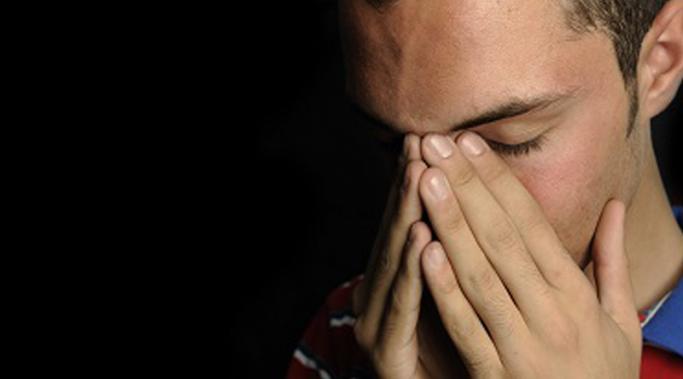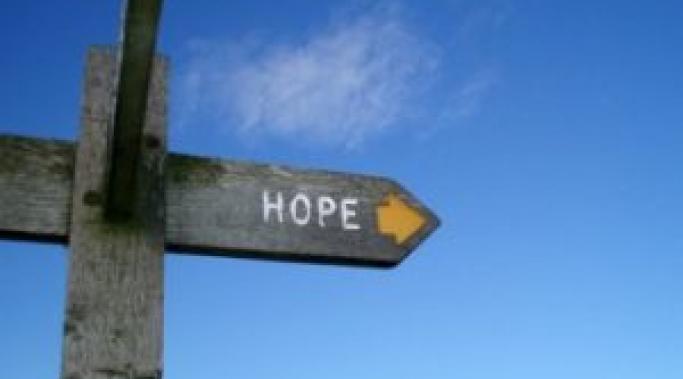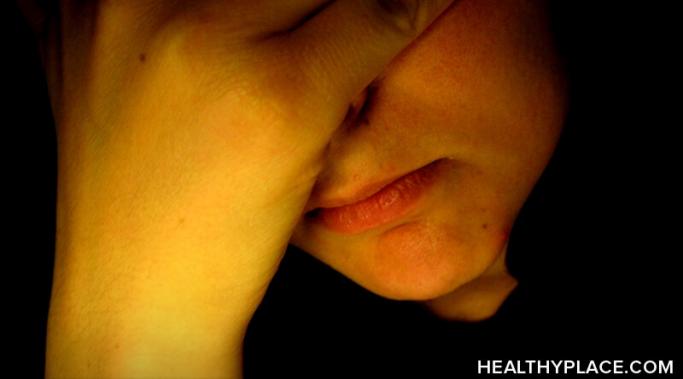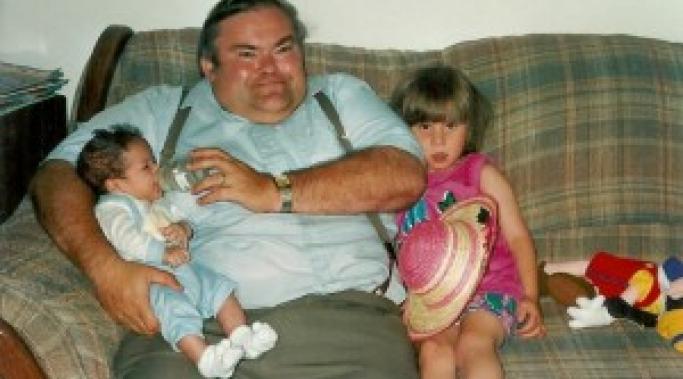Celebrity suicides hit us harder than we think they do. Around 9:00 p.m. on July 20th, I logged onto Facebook and saw status updates about celebrity suicide with the words “Linkin Park”, “suicide”, and “RIP, Chester.” Suddenly, my body froze. The dark lyrics from Linkin Park’s most popular songs flooded my head. Celebrity suicides affect us more than you might think.
Surviving Tough Times
This year, as I stared at the candles on my birthday cake, I could not take my eyes off of the second digit that said I was getting older—seven. Wow, I thought. Twenty-seven. What Should I Have Done Already?. It amazes me how fast one birthday turns into the next. Twenty is so far away, and 30 is right around the corner.I'm getting old and I'm not where I thought I'd be.
Even if you were not diagnosed with depression or if you feel that you have it under control, you can always experience depression spells. They can hit at any time, sometimes with no warning. They can hit at the most random times—during a class, at a family reunion, after an interview, during the middle of a workday, etc. Read on to find out about recognizing and dealing with depression spells before they get worse.
Knowing there are benefits of going to therapy doesn't make the decision to go much easier. The decision to go to therapy can be a deeply personal one based on a number of key factors. For me, the decision was not at all easy. In fact, it took me years of knowing I probably needed to go to therapy before I actually went. In the process of realizing that I needed some talk therapy, I also realized a benefit of going to therapy was defeating indecision.
It can be hard to know how to find self-love in adulthood (Learn To Like Yourself). You might not remember the last time you heard someone say, "Good job." You might miss receiving gold stars. You might feel inadequate after a coworker gets the promotion that you wanted. But there are ways to find self-love within yourself that do not include competition or recent appraisal from others. Read on to learn some positive steps that can remind you how to find self-love.
Believe it or not, jealousy during grief is a normal reaction. Many of us have grieved over the loss of a close friend or relative. After such a loss, we do not always know what to think. It is normal to be in denial for awhile and then just out of the blue feel extremely bitter. In fact, we can feel so lonely that we might even feel jealous of everyone who still has their best friend or relative. After losing my father, jealousy, a normal reaction, has been a big part of my grieving process.
Journal prompts make it easier to journal consistently, but I haven't been using them. It came to my attention while I was sitting in the waiting room before my therapist appointment. A million thoughts raced through my head. "So many things have happened since my last visit. Where did we leave off last time? What do I say?"
Across from me, another patient held a journal. When I saw it, I realized what I'd been missing. I didn't have a record about events that triggered my depression and anxiety. Having a written record of moods, events, and triggers would have been really helpful at that time. I know journaling strengthens my mental health and journal prompts can help facilitate this. Here is an easy journal prompt that you can use for your mental health.
Even if you consider yourself a happy person you may be susceptible to holiday depression. Do you find yourself obsessing over pictures on social media of people surrounded by smiling family members, wishing you had another life? Do the holidays make you feel isolated from the rest of the world? You are not alone (Seasonal Affective Disorder (SAD) Symptoms – Who’s At Risk). Read on to learn about holiday depression.
Finding the right therapist in tough times can be challenging. Making the decision to go to therapy is often one of the first steps people take on the road to recovery from mental illness. Mental health therapy offers a wealth of helpful resources that can help you cope with depression, anxiety, or even situational issues like grief. Understanding what to look for in a therapist with these three tips will help you find the right therapist for you.
Have you ever felt that having a mental illness makes you ugly -- not just imperfect or slightly flawed, but soul-deep, glaringly, hideously ugly? I have. It comes over me in waves of revulsion and self-loathing. When I scrape my hair back at night or catch a glimpse of myself in a mirror window I feel ugly. Every day I take off my makeup and find another wrinkle, another blemish, or an additional hint of age. And it terrifies me. I see the puckered white-purple scars on my arms and legs, the chapped skin on my lips. I see somebody who it is impossible to love. I wonder if having a mental illness makes me ugly?









